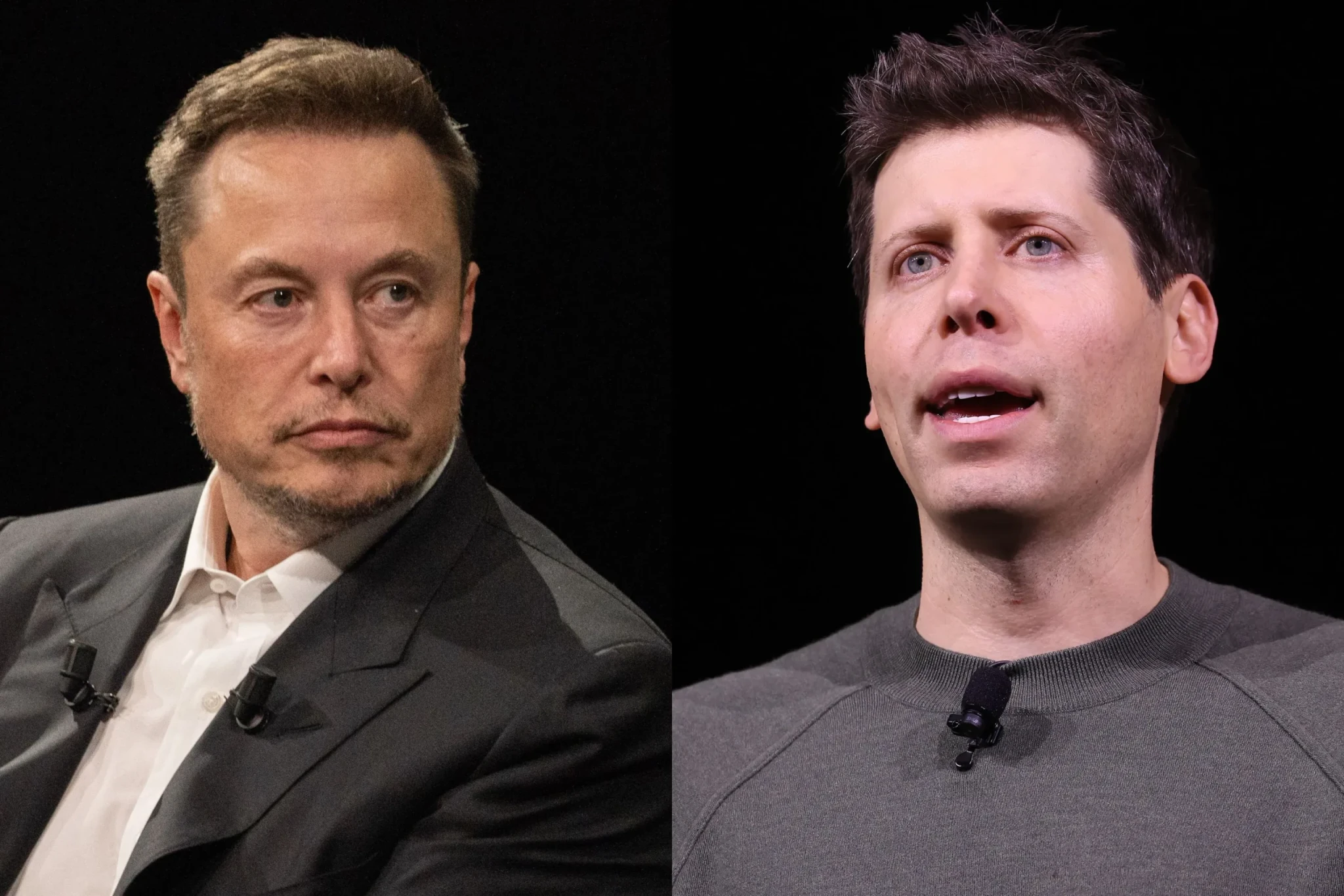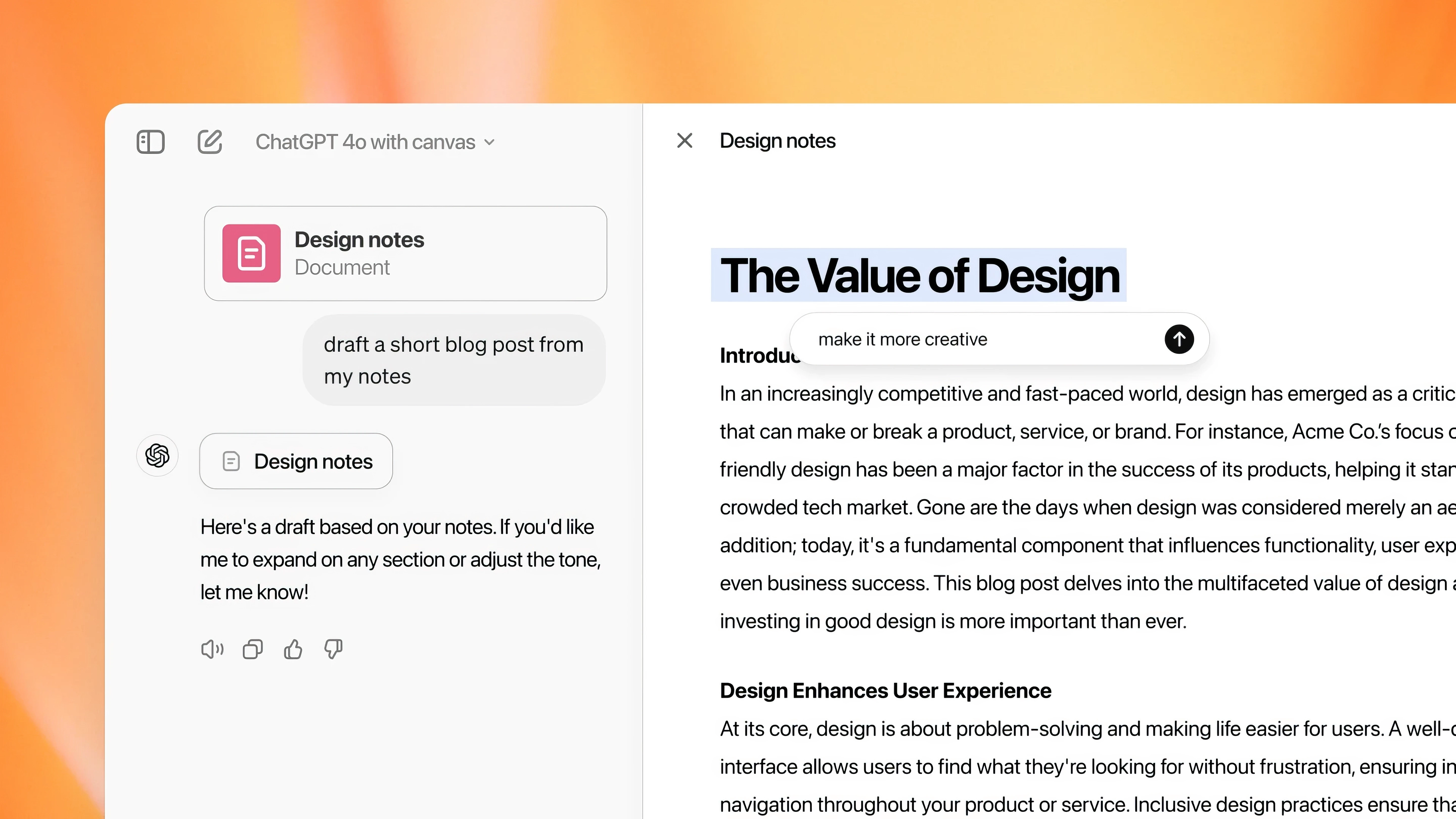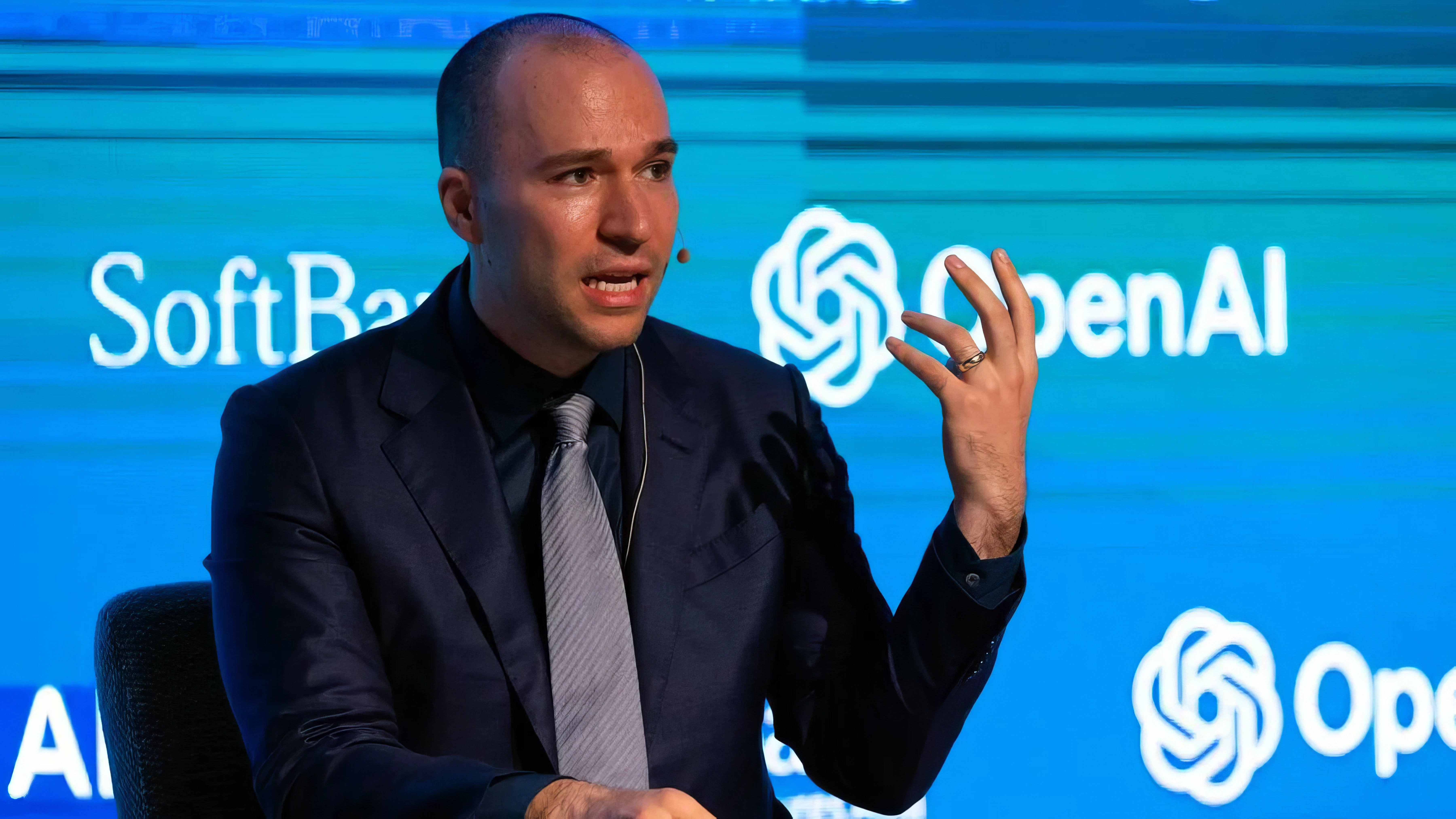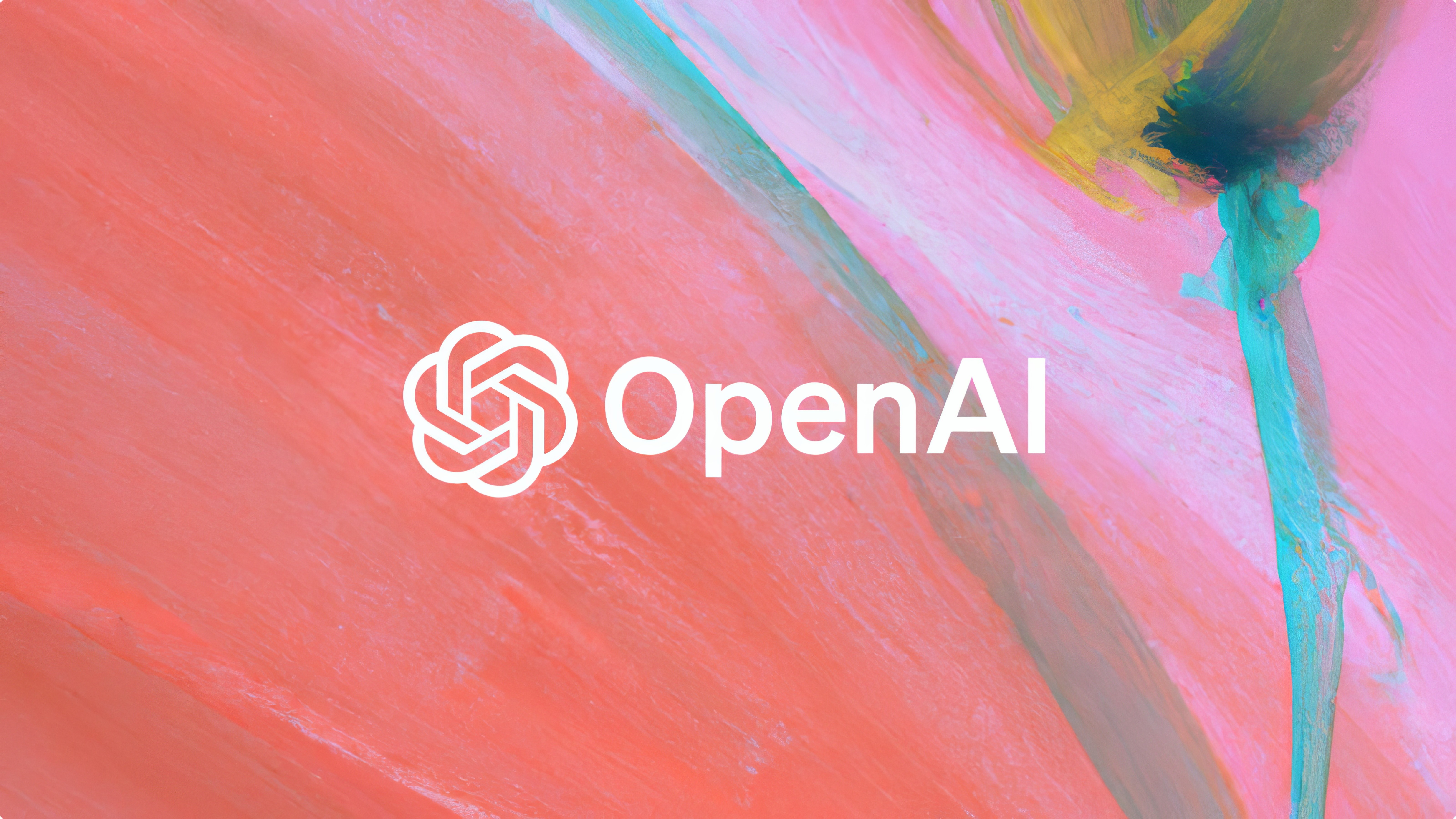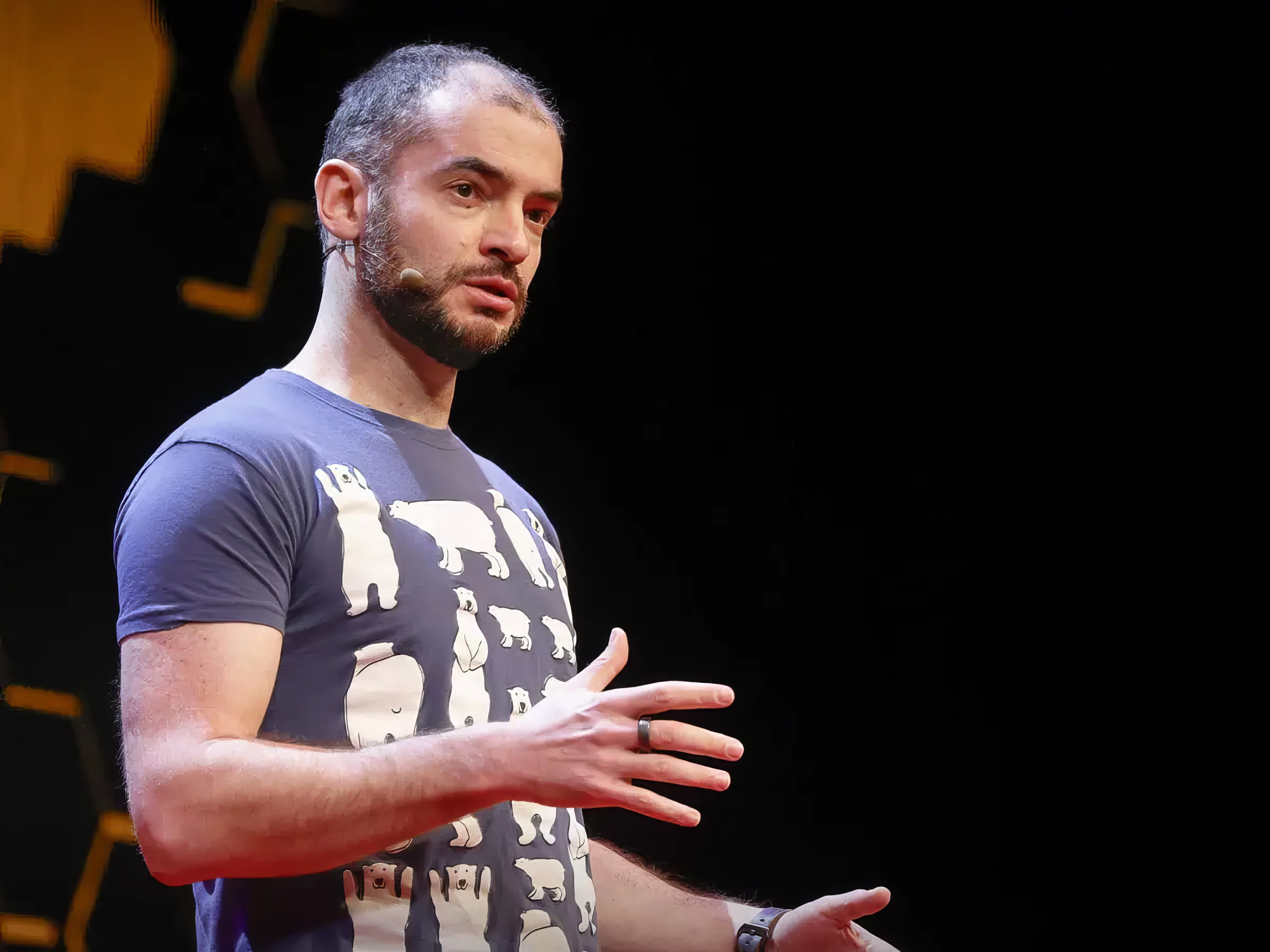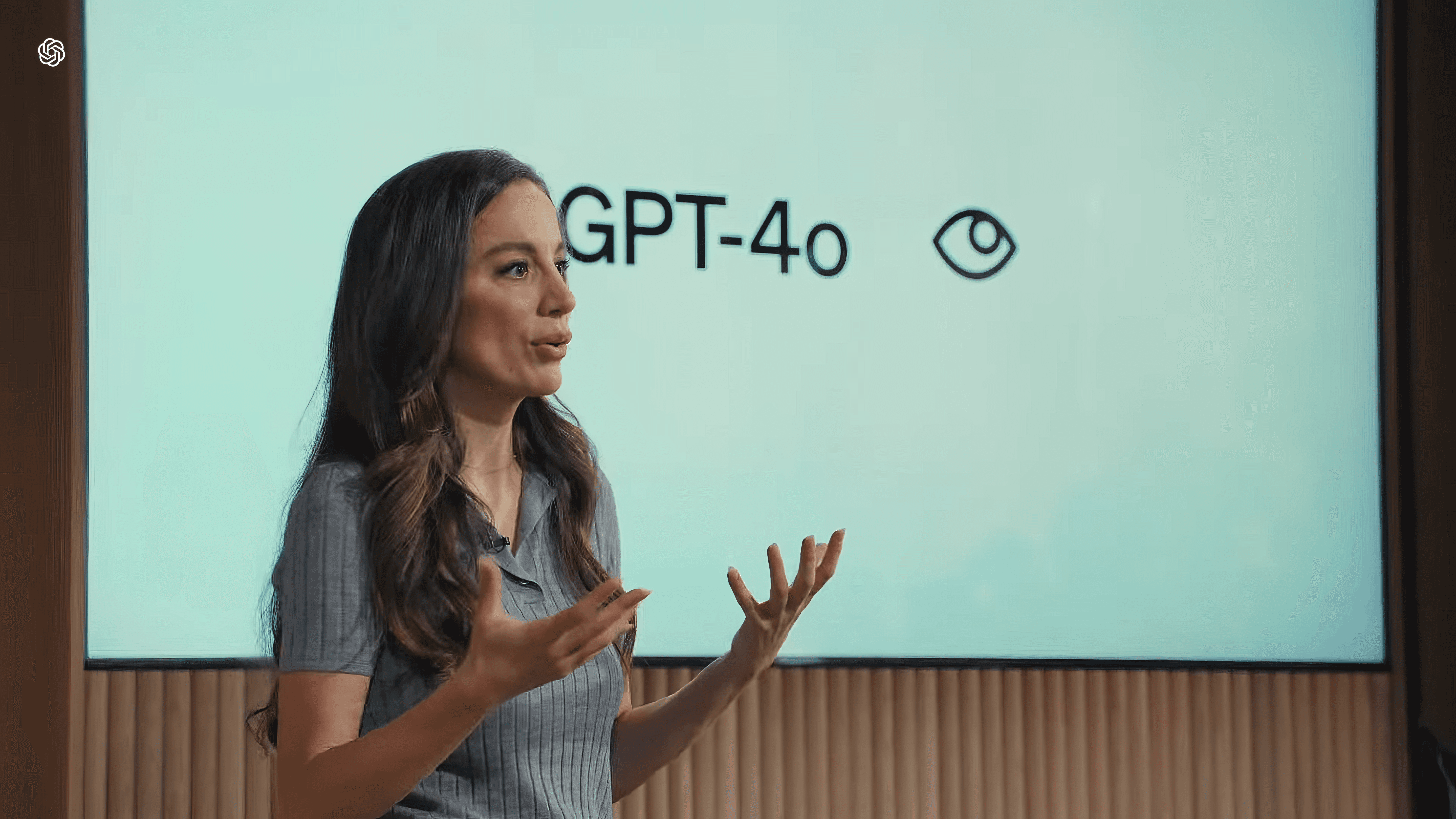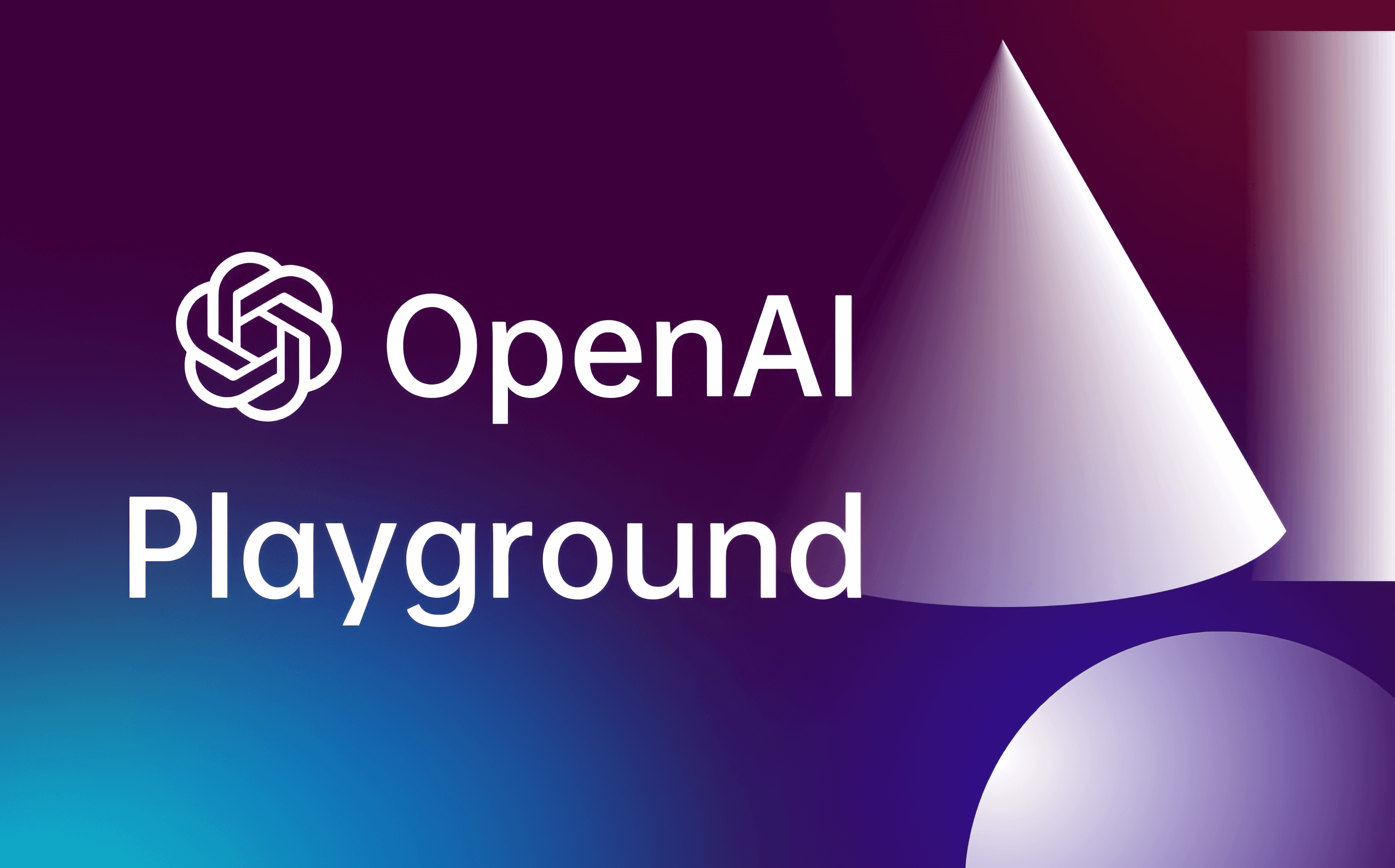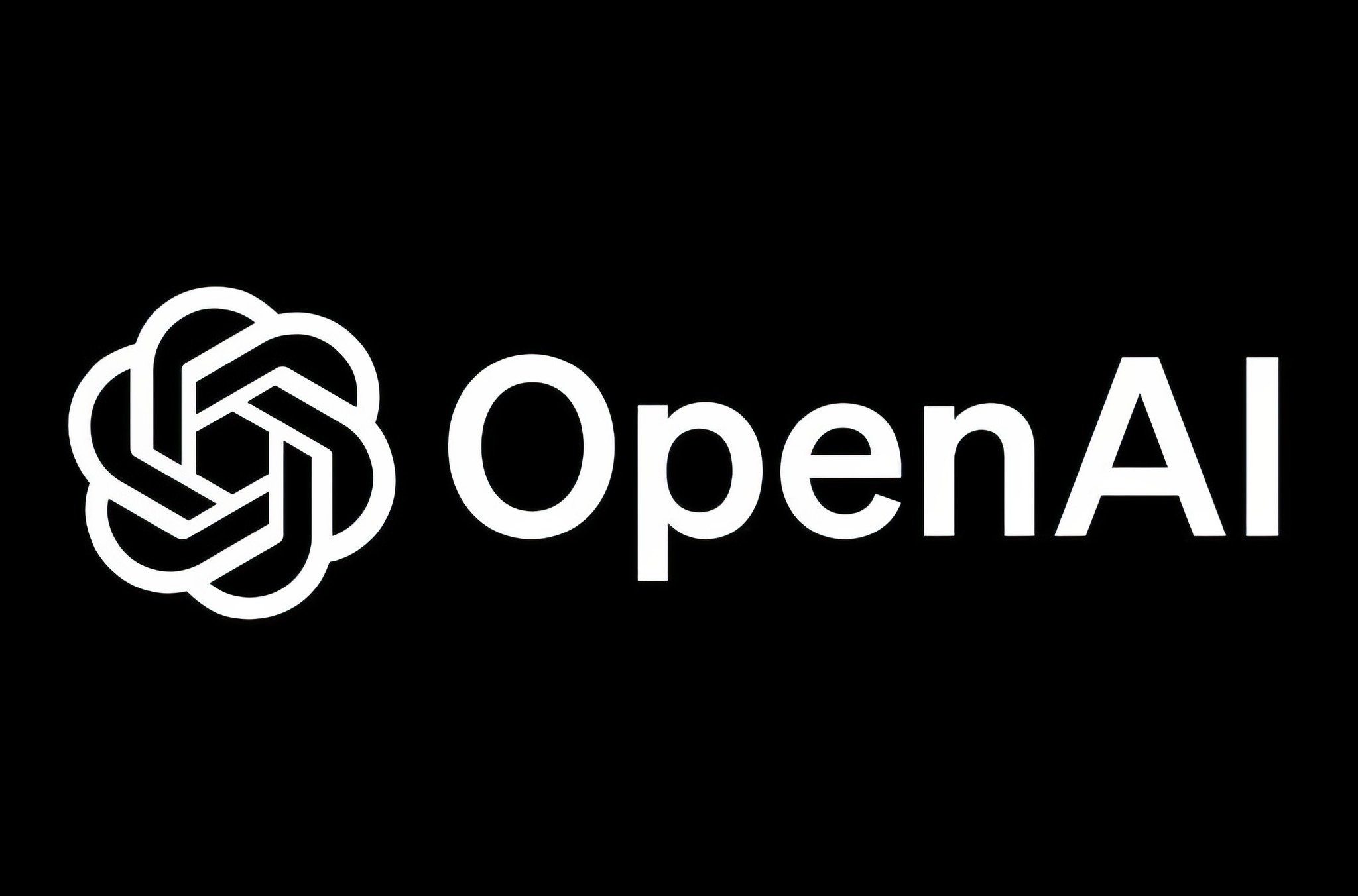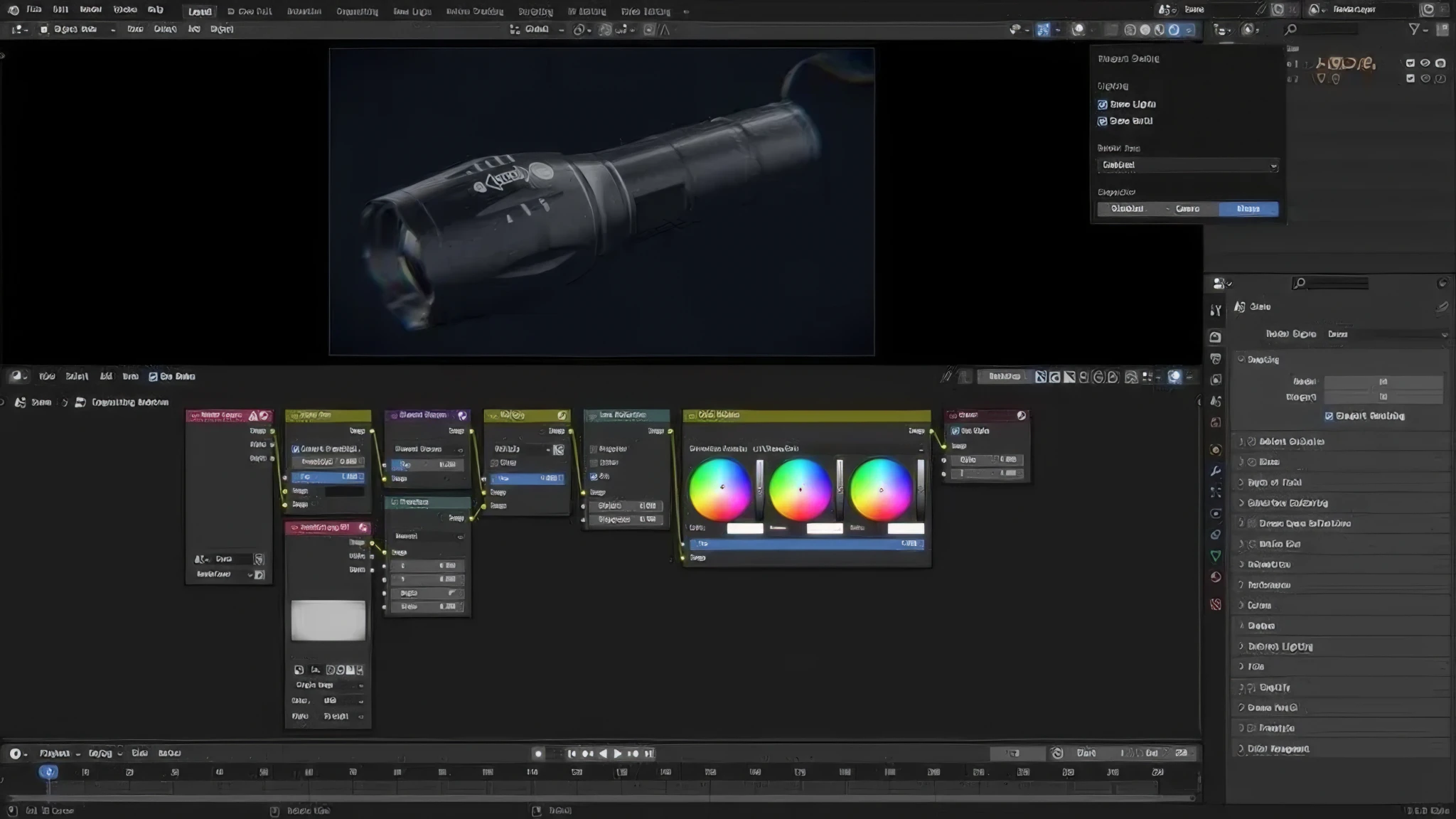[BY]
Dmytro Kremeznyi
[Category]
AI
[DATE]
Mar 3, 2024
Elon Musk, co-founder of OpenAI, has recently filed a lawsuit against his previous organization. Musk claims that OpenAI has shifted its focus from developing AI for the betterment of humanity to a profit-driven approach.
Elon Musk, co-founder of OpenAI, has recently filed a lawsuit against his previous organization. Musk claims that OpenAI has shifted its focus from developing AI for the betterment of humanity to a profit-driven approach in collaboration with Microsoft. He asserts that when he initially supported OpenAI in 2015, it was under the understanding that it would remain a nonprofit entity, countering the competitive threat from tech giants like Google. However, Musk contends that OpenAI has since prioritized commercialization, particularly through its partnership with Microsoft, which has invested heavily in the startup.
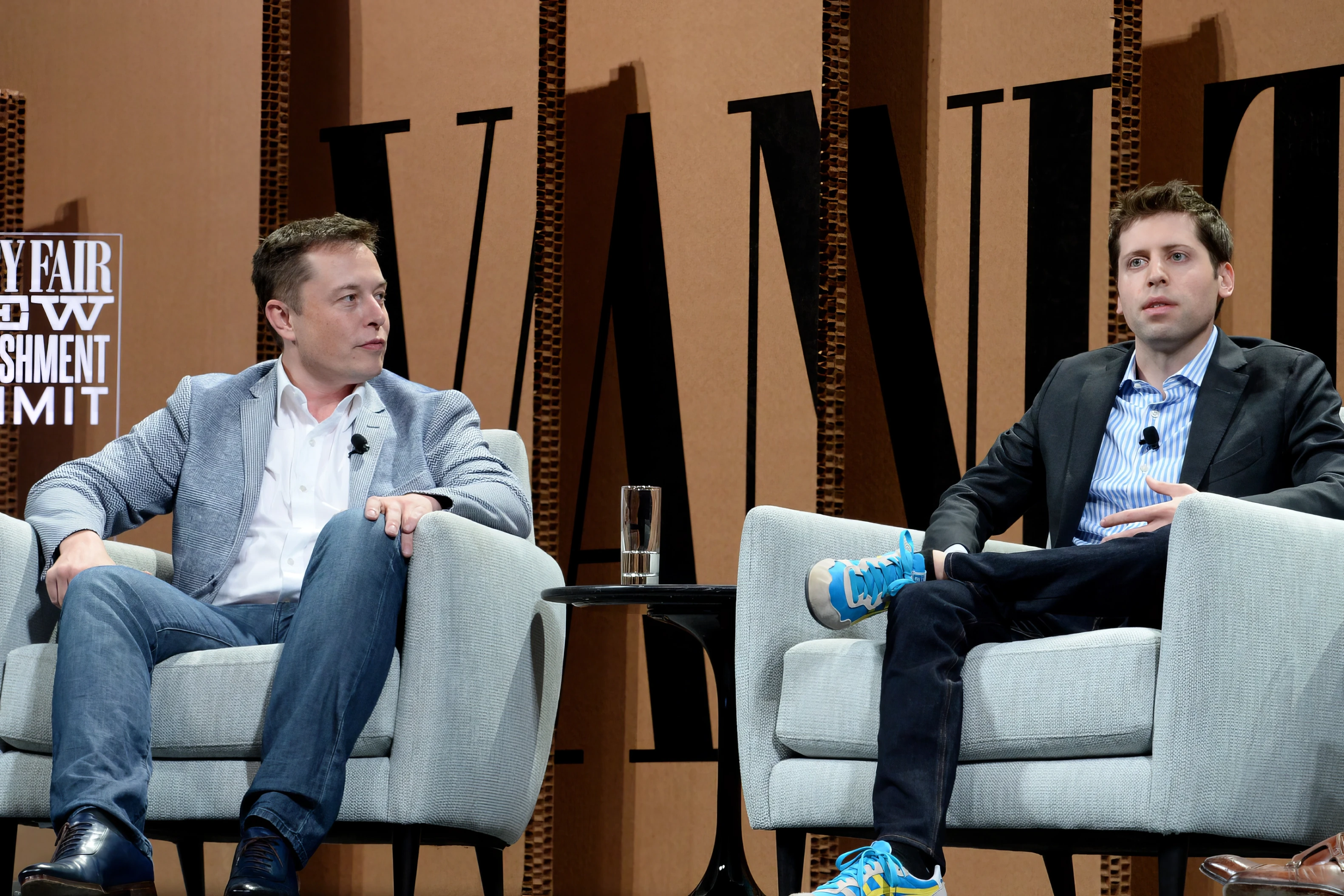
Musk's lawsuit follows his expressed concerns about OpenAI's strategic shift, despite his significant contributions to the organization over the years. Rejecting offers of ownership in OpenAI's for-profit arm, Musk has consistently advocated for prioritizing societal benefit over profit. The lawsuit also highlights the perceived alignment between OpenAI and Microsoft, citing statements from Microsoft CEO Satya Nadella regarding their collaboration.
Central to Musk's legal challenge is OpenAI's development of GPT-4, which he claims represents a significant advancement towards artificial general intelligence (AGI). Musk alleges that OpenAI and Microsoft have improperly licensed GPT-4 for commercial purposes, contrary to previous agreements to keep AGI advancements dedicated to humanity.
Seeking to uphold OpenAI's original nonprofit mission, Musk aims to prohibit the monetization of technologies developed under its auspices for the benefit of executives or partners like Microsoft. Additionally, he seeks legal recognition of advanced AI models like GPT-4 as constituting AGI beyond existing licensing agreements. This lawsuit underscores the importance of ethical governance in AI development and raises questions about the future trajectory of AI research and the balance between profit motives and public welfare.
Content
